|
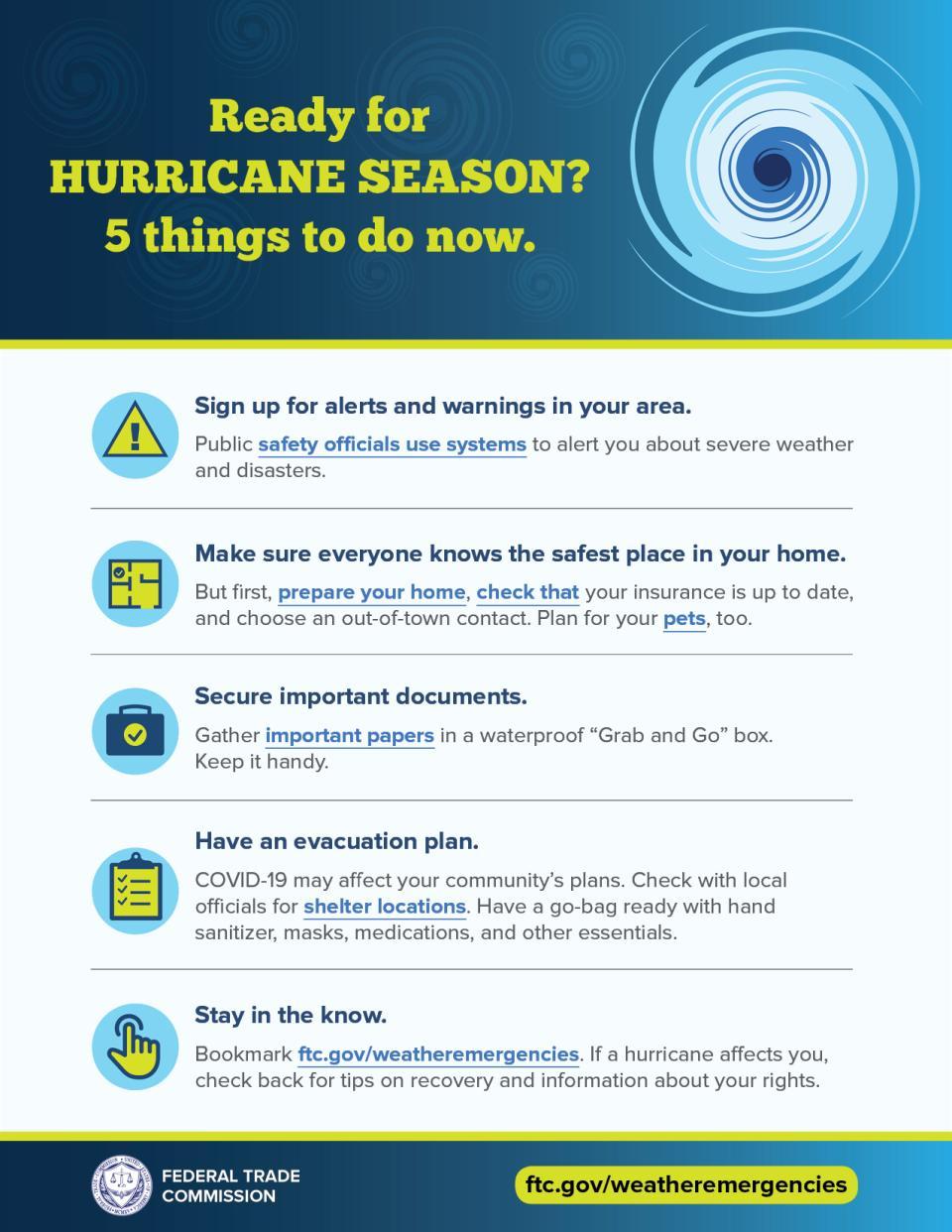 |
| How to prepare for hurricane season 2022 and avoid storm-related scams |
Providing accurate and timely information about what matters in Franklin, MA since 2007. * Working in collaboration with Franklin TV and Radio (wfpr.fm) since October 2019 *
|
 |
| How to prepare for hurricane season 2022 and avoid storm-related scams |
|
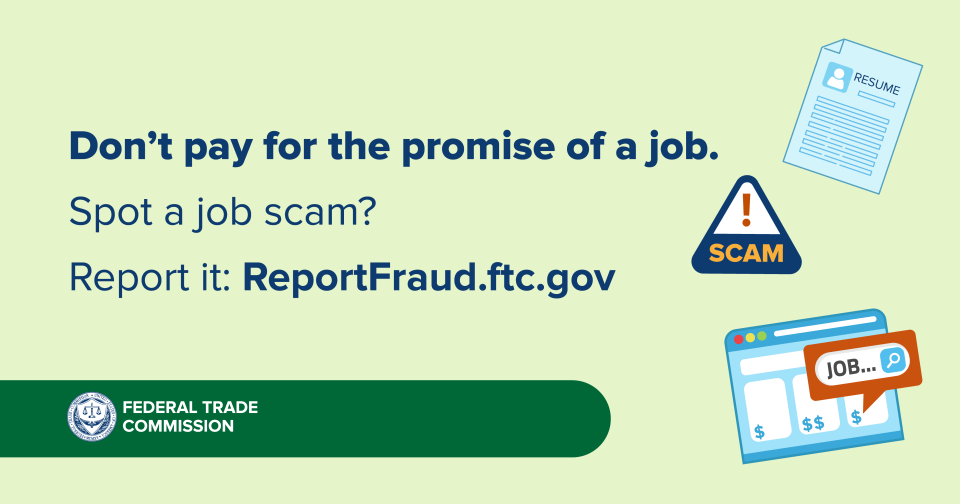 |
| https://consumer.ftc.gov/consumer-alerts/2022/05/applying-jobs-be-lookout-scams |
|
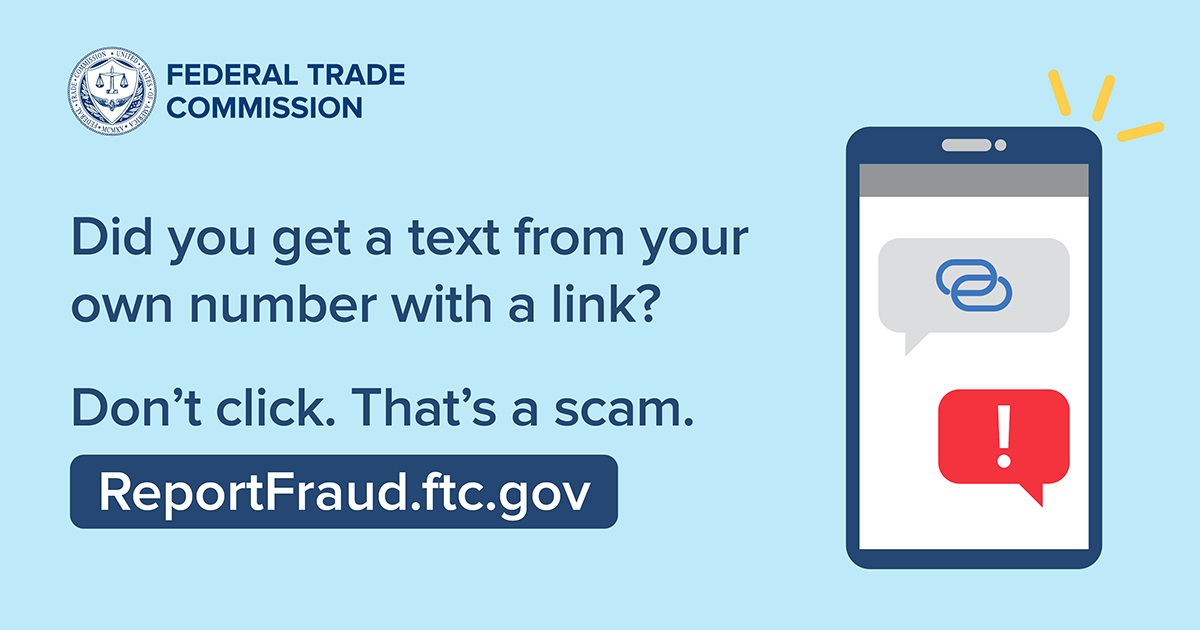 |
| Did you get a text from your own number? That’s a scam |
|
Your stories help us better understand how fraud affects every community. During National Consumer Protection Week, we’re offering information and advice for some of these communities.
Today we’re focusing on scams that have an impact on older adults.Read more -> https://www.consumer.ftc.gov/blog/2022/03/fraud-and-older-adults-whats-your-story?utm_source=govdelivery
 |
| Fraud and older adults – what’s your story? |
|
The Federal Trade Commission (FTC) will launch the annual National Consumer Protection Week (NCPW) this Sunday, March 6.
Joined by other federal, state, and local agencies, consumer and national advocacy organizations, the FTC will spend March 6-12 sharing information with Americans on how they can avoid scams, identity theft, and other consumer protection issues.
To support these efforts, the FTC and its partners have organized a series of programming ranging from webinars to Twitter chats and livestreams. Topics of interest include college students and cryptocurrency scams, financial caregiving, and how to recover from fraud.
For more about events coming up this week -> https://www.ftc.gov/news-events/press-releases/2022/03/ftc-kicks-national-consumer-protection-week-sunday-march-6?utm_source=govdelivery
 |
| FTC Kicks Off National Consumer Protection Week this Sunday, March 6 |
"Beyond knowing what signs to look for in COVID scams, there are a few steps to take to protect yourself from purchasing a fake COVID test online.
- Make sure that you are buying an FDA authorized test
- Do your research
- Pay with your credit card
To make sure that the test you are purchasing is FDA approved, see if it is on the FDA’s lists of approved antigen diagnostic tests or their list for molecular diagnostic tests. "
| "Protect Yourself from Fraudulent COVID-19 At Home Tests" |
"As part of our ongoing consumer education and outreach, OCABR is again sharing its “Top 10 Worst Products for Massachusetts Consumers List” of 2021. The use of the products featured on this list have resulted in legal or legislative action, recalls, and/or other measures to protect the public. For product recall details visit the United States Consumer Product Safety Commission. Please see the disclaimer below for additional details."
| Top 10 Worst Products for Massachusetts Consumers List - #10 |
#1
| Top 10 Worst Products for Massachusetts Consumers List - #1 |
|
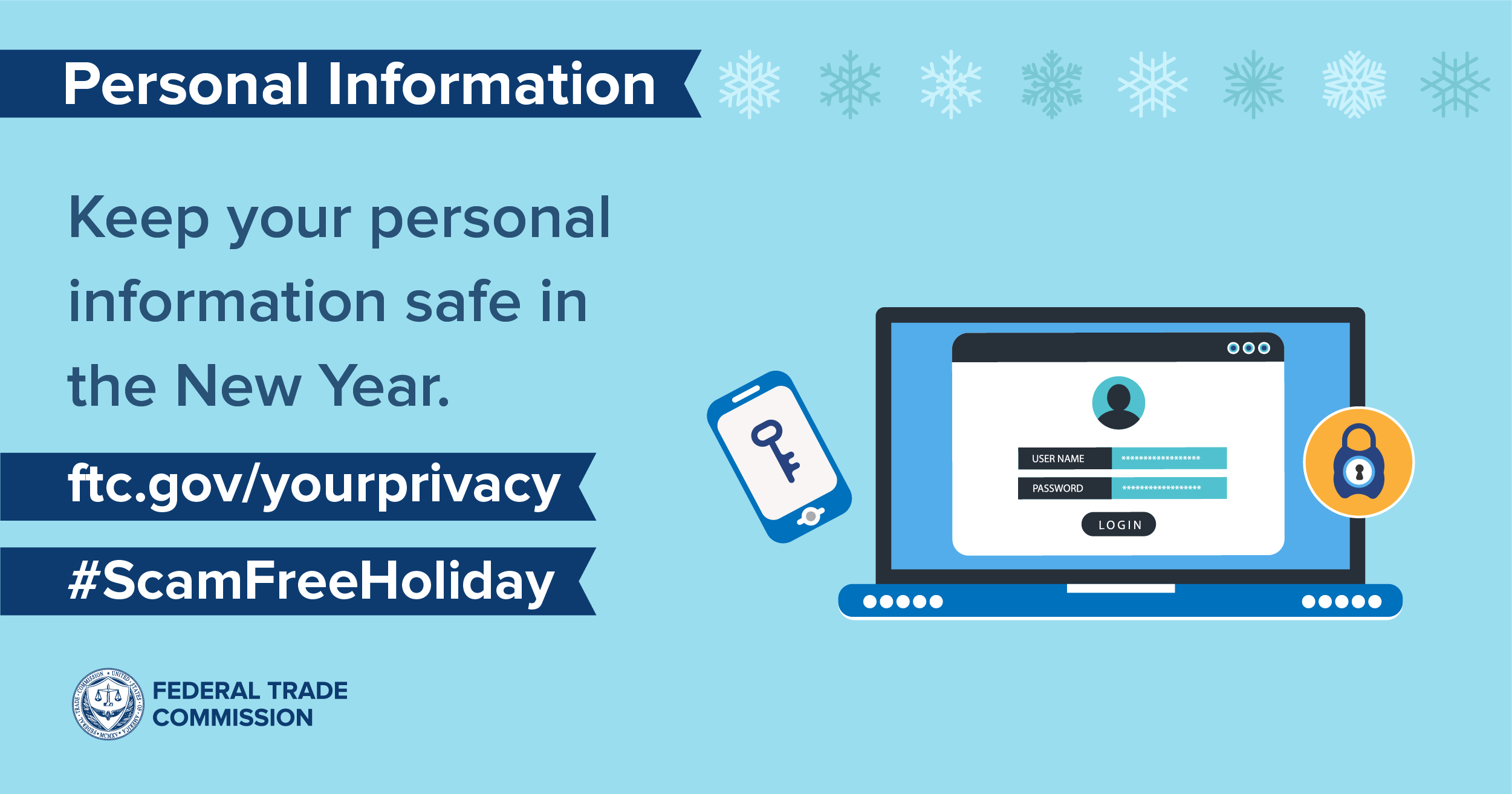 |
| Keep your personal information safe in the New Year |
|
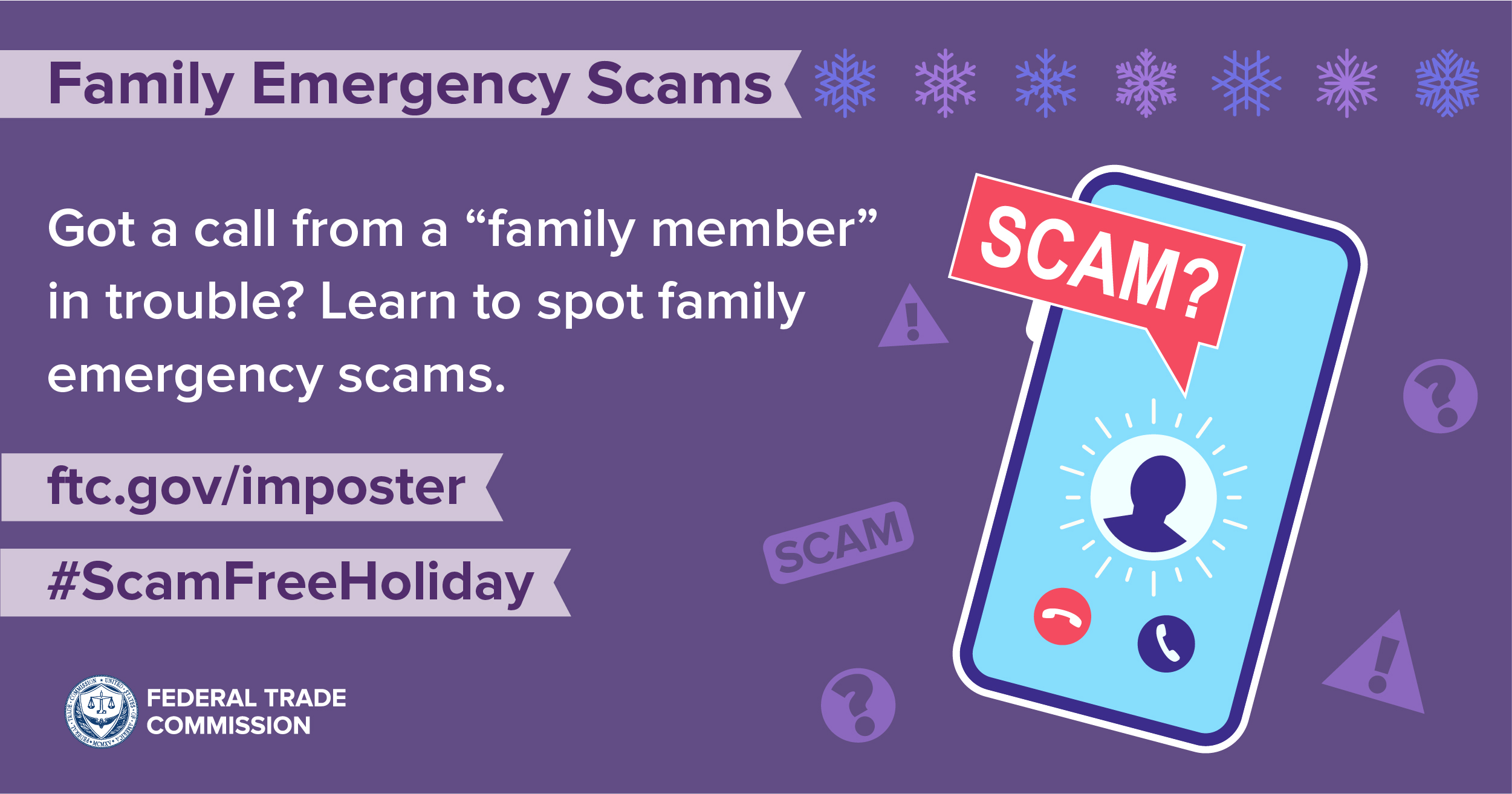 |
| United against scams - "The first principle of Kwanzaa is Umoja (unity)" |
|
"The bumpy economic recovery has had policymakers, economists and American households grappling with greater price hikes for groceries, gas, cars, rent and just about everything else we need.The latest inflation data, released by the Bureau of Labor Statistics, showed prices in November rose to a nearly 40-year high, climbing 6.8 percent compared with the year before.For months, officials at the Federal Reserve and White House argued that pandemic-era inflation will be temporary. But they’ve had to back away from that message, which was increasingly hard to square with what was happening in the economy — and the way Americans experience it.Persistent supply chain backlogs and high consumer demand for goods have kept prices elevated. There is no clear answer for when that will change, leaving Americans to feel the strain in their pocketbooks in the meantime. This is a breakdown of how we got here."
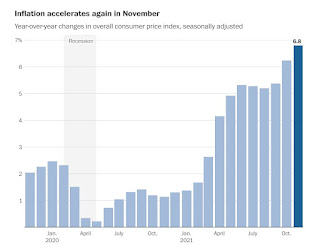 |
| Year-over-year changes in overall consumer price index, seasonally adjusted |
|
|
Giving Tuesday is a great time to show your gratitude by donating to help others. But you don’t want to give money to a fake charity or scammer (any day of the week).
Before you donate this Giving Tuesday ― and anytime you’re asked to give to charity:
- Research the cause or the organization. Search online for the name of the organization or cause with words like “review,” “scam,” or “complaint.” See if others have had good or bad experiences with the charity. Check out what charity watchdog groups say about that organization.
- Continue reading the article -> https://www.consumer.ftc.gov/blog/2021/11/donate-safely-giving-tuesday?utm_source=govdelivery
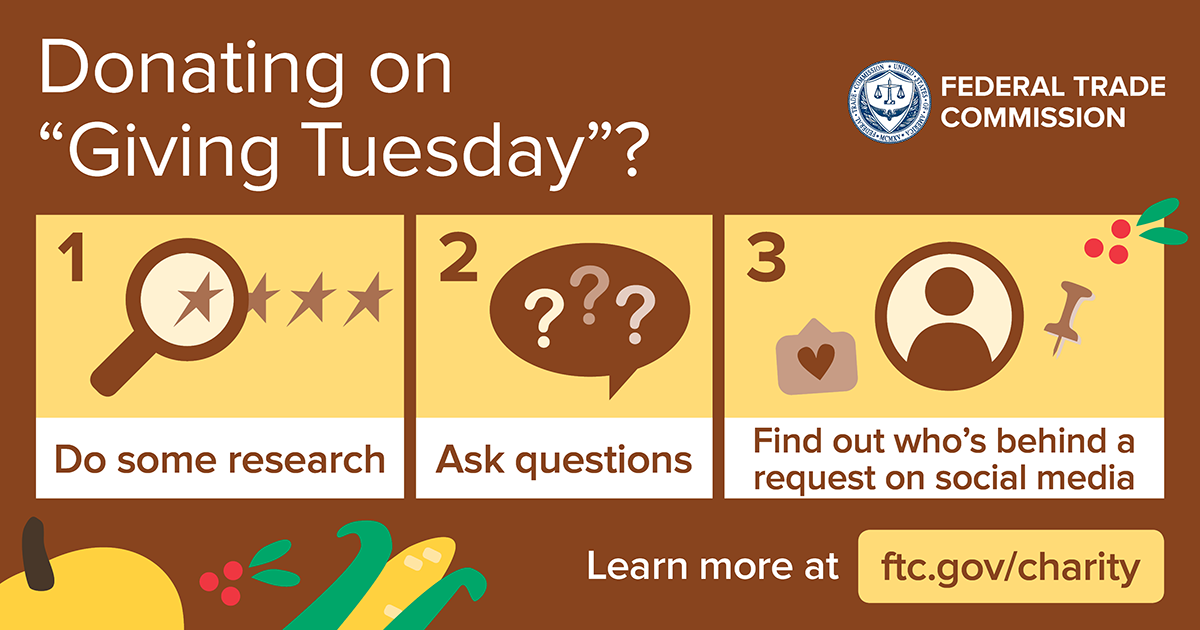 |
| Donate safely this #GivingTuesday |
|
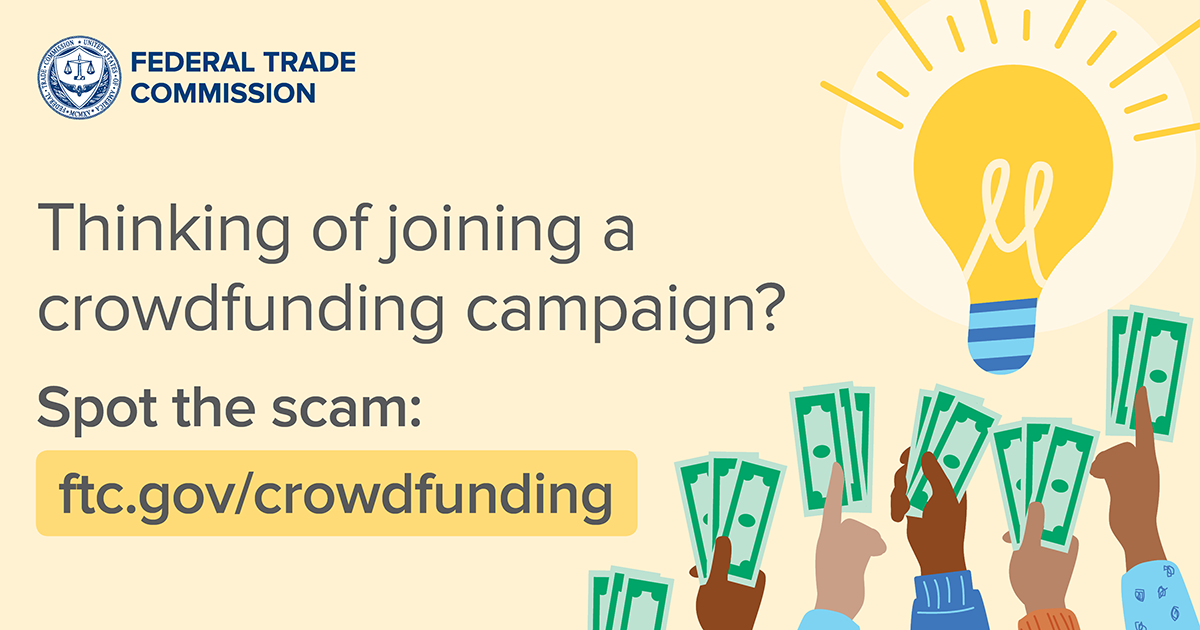 |
| FTC Consumer Alerts: Before you join that crowdfunding campaign, read this |
|
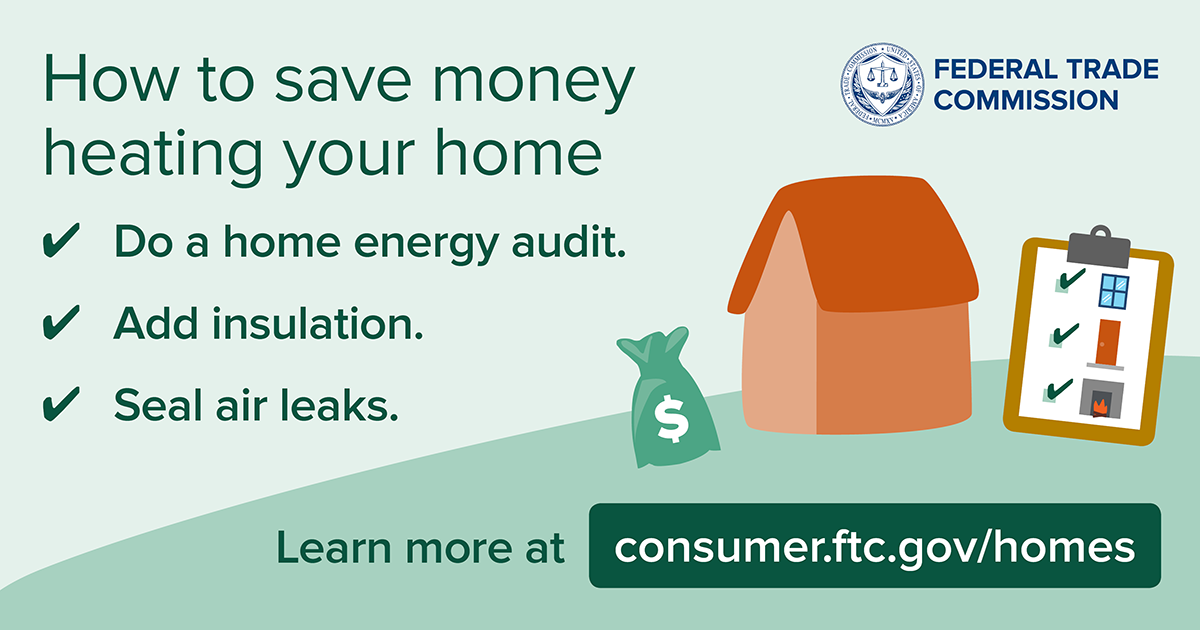 |
| How to save money heating your home this winter |
|
|
"Living alone can be isolating, especially over the past year when socializing has been a health risk due to COVID-19. That is why the Department of Telecommunications and Cable (DTC) wants you to know, no matter your income, there are ways for you to have a home phone, cell phone, and internet plan. Since 1985, the Lifeline Program, a service administered by the Universal Service Administrative Company as part of the Universal Service Fund, has kept Americans connected and safe by providing low cost and no cost phone service options for eligible low-income consumers.
To commemorate the availability of this government service, the DTC and its partners—the Federal Communications Commission (FCC), National Association of Regulatory Utility Commissioners (NARUC) and National Association of State Utility Consumer Advocates (NASUCA)—are participating in Lifeline Awareness Week from September 20-24, 2021. Through this awareness week, these groups hope to educate the public about this life saving prevention program."
| Lifeline Awareness Week |